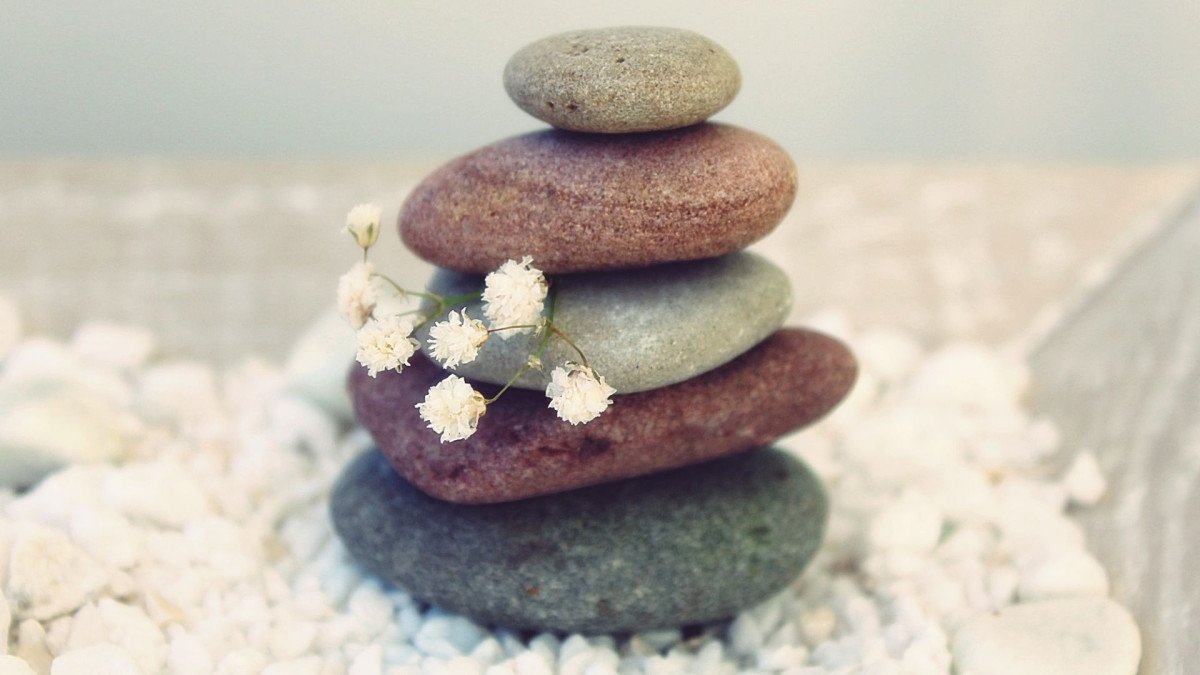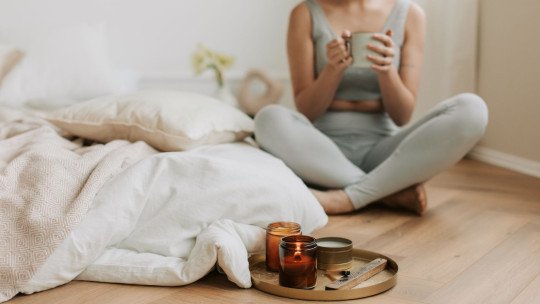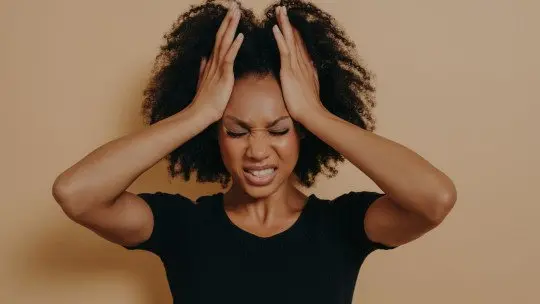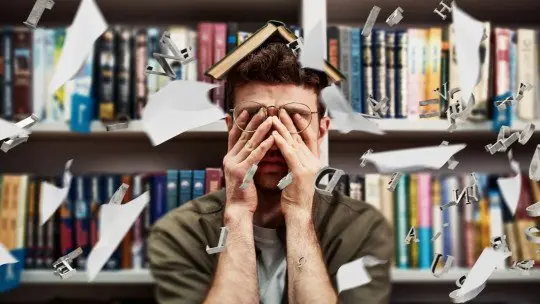Anxiety is a natural and very common response in our daily lives and can sometimes be beneficial in helping us cope with challenging situations. However, When anxiety becomes more intense and interferes with daily life, it can become a problem Fortunately, there are effective techniques to control and overcome anxiety. In this article, we’ll explore seven proven methods to reduce anxiety, helping you lead a more balanced and satisfying life.
Anxiety is an emotion that occurs as a natural response of the body to situations that we consider potentially stressful or dangerous, since it prepares us to be alert and better deal with the situation that we perceive as a future threat. In this case we are talking about an adaptive anxiety response. An example could be the anxiety we feel when faced with a challenge, such as taking an exam or giving a lecture. That positive spark of: “! what nerves! “I’m going to study!”, which makes us prepare better to face the challenge.
However, other times, the anxiety response occurs in a way that is poorly adapted and adjusted to the situation in which the person finds himself, because, although there is no threat or objective danger, future thoughts and concerns are anticipated that are not real and that in ninety percent of cases they are not going to happen. These thoughts focus on future situations that we could encounter and believe will be uncontrollable and insurmountable, which further increases our anxiety
We would be faced with a situation in which we are waiting for a family member and they do not arrive on time, they do not call, they do not give signals… and the thought that is activated is like “has something happened to them? Has they had an accident?” …” In these cases, anxiety becomes a source of discomfort and suffering and can be disabling for the person. Some of the symptoms that can manifest are in the form of constant worries, intense fear, palpitations, sweating and difficulty concentrating.
What practices help manage anxiety?
Fortunately, there are effective techniques to control and reduce anxiety. In this article, we’ll explore seven proven methods to reduce anxiety, helping you lead a more balanced and satisfying life.
1. Practice mindfulness meditation
Mindfulness meditation is an ancient practice of focusing on the present moment and accepting it without judgment. Regular mindfulness practice has been shown to reduce anxiety and stress by promoting relaxation, increasing self-awareness, and fostering emotional resilience. To begin mindfulness meditation, find a quiet space, sit comfortably, and pay attention to your breathing When thoughts or feelings arise, accept them without judgment and gently bring your attention back to your breathing. Take at least 10 minutes a day for optimal results.
2. Do physical activity regularly
Exercise is a powerful tool for reducing anxiety and stress. Physical activity helps reduce stress and tension accumulated in the body, as well as stimulates the release of endorphins, which are chemicals in the brain that act as natural pain relievers and elevate mood. You can perform moderate intensity aerobic exercise, higher intensity aerobic exercise, along with muscle strengthening activities. Additionally, regular exercise may have parallel benefits such as improving sleep quality, increasing self-confidence, and promoting relaxation.
3. Develop a healthy sleep routine
Poor sleep can aggravate anxiety. Establishing a consistent sleep routine can help improve sleep quality and reduce anxiety levels To promote restful sleep, establish a regular bedtime and wake-up time, create a relaxing bedtime routine, make sure your sleep environment is comfortable and conducive to rest, and limit exposure to screens and stimulating activities before bed.
4. Challenge negative thoughts
Anxiety often involves negative thought patterns that can perpetuate feelings of stress and fear. Cognitive behavioral therapy (CBT) techniques can help you identify and challenge these negative thoughts, replacing them with more balanced and realistic perspectives. Start by recognizing common cognitive distortions, such as catastrophic thinking, black-and-white thinking, and overgeneralization. The next step is to reframe these thoughts by considering alternative explanations and focusing on evidence that contradicts your initial assumptions.

5. Use the Circle of Influence technique
When you find yourself in an anxious situation in which you get stuck in obsessive thoughts, doing nothing, just “worrying” about what could happen, focus on the circle of influence. That is, take care of what is in your power to do, what depends on you. What does not depend on you and is not in your hands to do, accept it. Focusing on carrying out actions that are in our hands helps us relax
6. Cultivate a support network
Having a strong support network can help you manage anxiety more effectively. Find friends, family, or mental health professionals who can provide guidance, encouragement, and attentive listening. Another possibility is to join a support group for people with anxiety, where you can share your experiences and learn from others facing similar challenges.
7. Use relaxation techniques
Relaxation techniques can help counteract the physical symptoms of anxiety and promote a sense of calm. Some relaxation methods include deep breathing exercises, progressive muscle relaxation, and guided imagery. Deep breathing involves taking slow, controlled breaths, focusing on filling your diaphragm. Progressive muscle relaxation involves tensing and relaxing different muscle groups sequentially Guided imagery involves visualizing scenes of calm and tranquility to elicit a relaxation response. You can experiment with different techniques to find what works best for you.
Conclusions
If anxiety creates a level of discomfort that interferes with your daily life and is persistent, it may be helpful to seek guidance from a professional A therapist can help you develop coping strategies, provide support and accompaniment throughout the process, as well as help you explore whether there are any specific causes or triggers for your anxiety.
In conclusion, anxiety is a common and natural response to situations that stress us, but when it becomes overwhelming and interferes with your daily life, it is essential to take steps to learn to manage and respond to it in a healthier way. By implementing these seven proven techniques, you can reduce your anxiety and regain a sense of balance and well-being. Remember that change takes time and progress can be gradual.
Lastly, be kind to yourself during this process as you work to incorporate these practices into your life. Overcoming anxiety is not a linear path and setbacks can arise. When challenges arise, remember your progress and your commitment to growth. You can keep a journal to document your experiences, feelings and achievements, as this can serve as a useful reminder of your resilience and determination.










